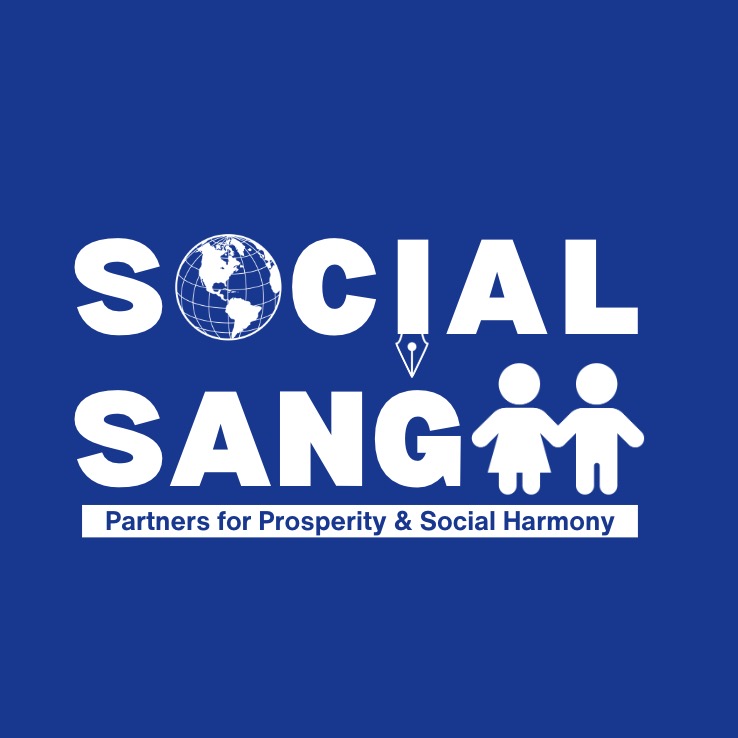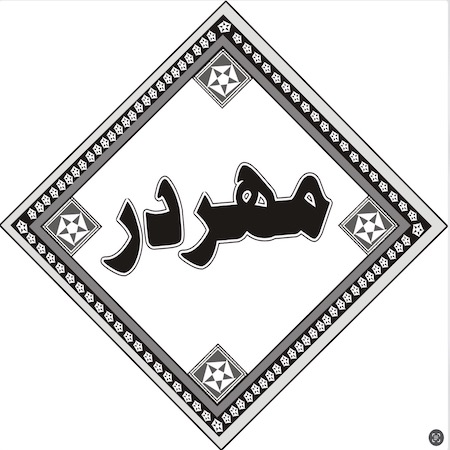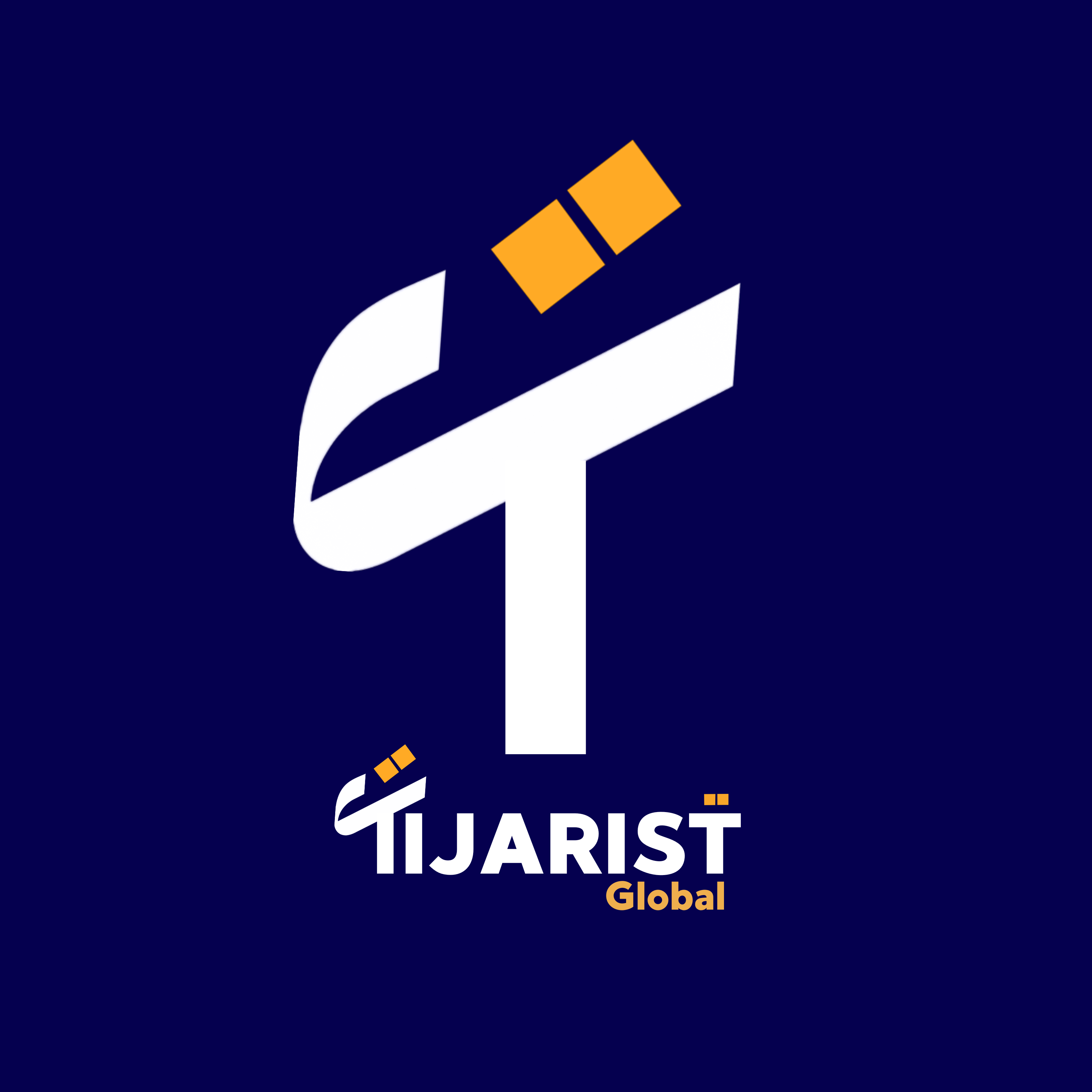
|
Hello, This is Khalidgraphy, KHALID Hussain MIRI quietly work behind the scenes to help people and businesses grow — with purpose, clarity, and care.It’s not about noise or fame, but creating real, steady progress that speaks for itself. |
About Me
Welcome to Khalidgraphy — the digital space where strategy meets impact.
I’m Khalid Hussain Mir, a Digital Strategist, Business Consultant, and Social Impact Advocate, proudly rooted in Balochistan (Pakistan) and working with clients and communities across the globe.
Over the past decade, I’ve blended creativity with consultancy to help individuals, startups, and organizations grow with purpose. Whether it’s crafting digital strategies, enabling business transformations, mentoring entrepreneurs, or designing sustainable financial roadmaps — I work at the intersection of innovation, community, and growth.
As a founding force behind ventures like Peel Technologies, LINC GLOBAL Inc., and Kreative Minds UAE, and as a strategist and advisor to initiatives like Urdu Ai, my journey has been focused on delivering real-world results — not just reports.
What I’m Good At — and Keep Improving Every Day
Over the years, I’ve picked up a mix of practical skills that help people and businesses move forward — one honest conversation, smart decision, and tested idea at a time.
📊 Business Strategy & Consultancy
Helping founders, freelancers, and teams make better choices — from setting direction to fixing what’s not working. No fluff, just clarity and action.
📣 Marketing with Meaning
Telling the right story to the right people — whether it’s a product, a cause, or a personal brand. Strategy meets soul.
💻 Digital Tools & Simple Systems
Making tech less scary. From small automations to full digital shifts — I love finding simple solutions that save time and reduce stress.
❤️ Community Building & Social Impact
Supporting everyday people — especially in underserved areas — with skills, tools, and small wins that lead to bigger change.
What I Do
Business Consultancy & Strategic Planning
Crafting actionable strategies that drive growth and purpose-driven results for startups and established organizations.
Financial Structuring & Growth Guidance
Designing sustainable financial roadmaps and models to ensure long-term viability and success.
Mentorship for Founders & Freelancers
Offering expert advice and valuable insights to help entrepreneurs and freelancers unlock their full potential.
Impact-driven Tech Solutions
Leveraging technology and innovation to create positive change and empower communities globally.








